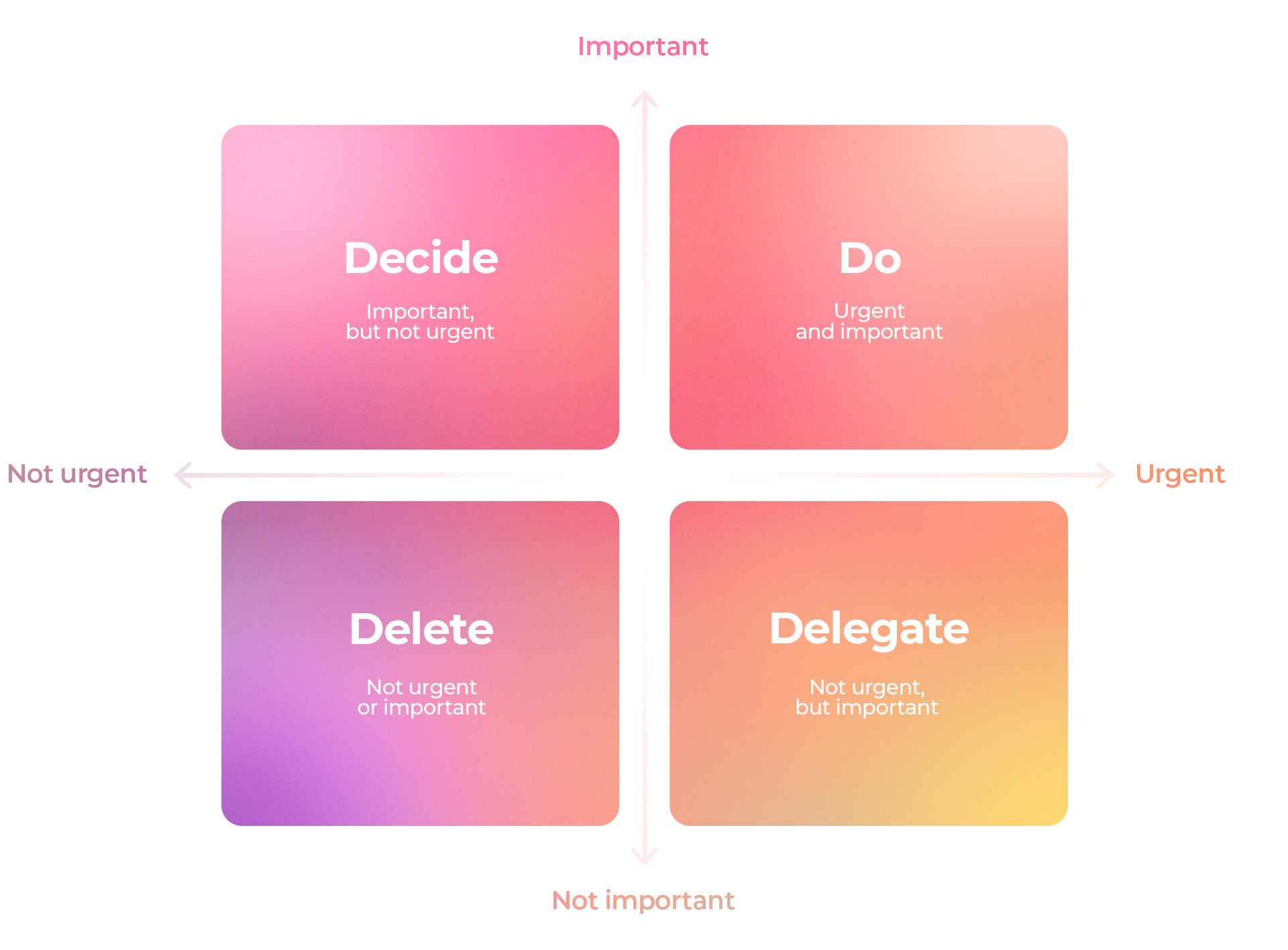Workplace stress is one of the great scourges to plague us in recent years. When it comes to work-related stress, France is one of the worst-ranking European countries, according to a survey by ADP. They continue to be among the most anxious employees, with almost 1 in 5 (19%) employees experiencing daily stress at work.
Chronic stress is a major cause of illness and is responsible for burnout in a large proportion of workers. It significantly affects employee retention and incurs huge costs for organizations, especially due to staff turnover.
This is why preserving mental health at work is a responsibility that must be shared by managers and employees.
How to Cope With Stress at Work
Here are 10 concrete things that you have some control over.
1. Develop a Sleep Routine
Sleeping 8 hours per night, give or take, allows your brain and body to recover fully and start fresh each morning. Conversely, a lack of sleep will have significant consequences, especially in terms of anxiety and chronic stress.
Over the past year, 40% of adults who sleep less than 8 hours per night reported an increase in their stress levels, compared to 25% of adults who sleep 8 hours or more.
An impressive difference, wouldn’t you agree?
A few tips for regular, refreshing sleep:
- Choose your bedtime based on when you need to wake up, and be consistent (e.g., go to bed at 10 p.m. and wake at 6 a.m.);
- Set an alarm 30 minutes before your chosen bedtime to remind you to turn off all screens for the next half hour;
- In the half hour before bedtime, find a quiet ritual to do each night. Choose a pastime that you enjoy and that relaxes you, such as reading, writing, listening to music, or meditating. The important thing here is to choose an activity that differs from what you do during the day, so that your body understands what is coming. However, avoid strenuous exercise, which will have the opposite effect of helping you unwind.
2. Limit Yourself to One Coffee a Day
It’s no secret that caffeine is a stimulant. Specifically, it stimulates the release of cortisol, the main stress hormone, in our body.
As a graduate student, I sometimes had to lead seminars. On those days, I avoided coffee, because I was well aware of the jitters it produced and how they raised my stress levels. Laugh all you want, but avoiding coffee worked wonders for me! 😛
Limit yourself to one coffee a day, preferably in the morning or in the early afternoon at the latest. Did you know that caffeine has a half-life of 5 to 7 hours? This means that if you drink coffee at the end of the day, you will sleep while still under the effect of caffeine, thus compromising the quality of your sleep.
3. Go for a Walk Every Day
Go for a walk every day, and ideally more than one walk, even if it’s just for a few minutes, to get away from whatever you’re working on, oxygenate your brain, and move your body. Exercise has been widely proven to be a protective factor against stress, and work-related stress in particular.
Are you afraid you won’t be able to keep up the commitment?
- Pencil it in: A quick walk after lunch and another in the mid-afternoon;
- Find a walking buddy so you can support each other in this endeavor.
4. Get Some Air
If you work away from daylight, take breaks to get outside for a while. Natural light has been proven to have a beneficial effect on stress hormones. Create opportunities to get outside, such as spending breaks outdoors, getting off the bus one stop early, or parking a bit farther away from your job.
5. Get Some Perspective
It was when I was a waitress at a restaurant that I learned to stop and put things in perspective. Sometimes, when I was overwhelmed by too many customers at the same time, I started to feel panic flooding up inside me; that’s when I would pause to take a few breaths and remember an important truth:
No one is going to die (unless your job involves saving lives 😛) if such-and-such task is not done perfectly.
To distinguish between what is a priority and what can wait, use the Eisenhower matrix.
6. Nurture Meaningful Relationships at Work
Try to build meaningful relationships with your co-workers, even if it’s just with one or two people. Positive relationships help you vent when the stress becomes too much to bear.
Coworkers also provide opportunities to laugh, get your mind off things and help each other out. They can additionally help motivate you when stress has gotten the upper hand. Meaningful relationships at work are developed in the course of daily life, but are amplified through activities outside of work.
A few ideas:
- Take your breaks at the same time as one of your colleagues if possible;
- Plan a lunch out of the office every week or month; or
- Find a sport to play together, i.e., yoga classes, running, badminton, climbing, etc.
7. Keep Up a Daily Happiness Ritual
Do you feel like you’re powerless at work, like your power is limited, or like you don’t enjoy working as much? Either quit your job or try to work on what you can control.
Create a routine that makes you feel fulfilled. For example, schedule a break with a colleague you like and play a game of cards or get out and enjoy some pastries together.
At Agendrix, some employees play chess in the dining room. It can also be a morning coffee break or an after-shift dessert.
Regardless of their nature, positive rituals flood your system with serotonin, the happiness hormone.
8. Eliminate Distractions
Control distractions, for example by getting headphones that eliminate ambient noise. During your workday, set aside your phone, social media, and even the news; these are direct sources of stress that you clearly do not need.
9. Draw Up a Daily List of Your Tasks
Lists provide an overview and free up the mind from the mental burden of so many personal and professional responsibilities that become a tangled mess when they remain inside our heads.
At the beginning of the week, make a list of work tasks for the week. Each morning, make a list of your tasks for the day, based on the weekly list you made earlier. Then select no more than 3 priorities. Highlight these 3 priorities and focus on them exclusively.
Your list of 25 tasks will never get done, so why set yourself up for failure?
10. Ask for Help When You Need It
Work stress causes significant fatigue that inevitably decreases performance. This makes it difficult, even embarrassing, to ask for help.
A colleague once helped me, even if just to set some priorities, when my tasks looked insurmountable.
To avoid falling into this never-ending spiral that leads directly to exhaustion and sometimes even depression, don’t wait. Turn to a colleague when you feel overwhelmed, and try to share the burden of certain tasks.
Stress at Work… A Problem to Watch Out For
Workplace stress has so many negative impacts on employees, managers and therefore organizations that it is imperative to address it and to teach teams to be mindful of it.
Although stress at work is sometimes caused by factors that are unfortunately beyond our control, there are things you can do to help manage it.
Each individual has their own stress signals that they must learn to interpret.
And when you see your own signals crop up, it’s time to take action.









